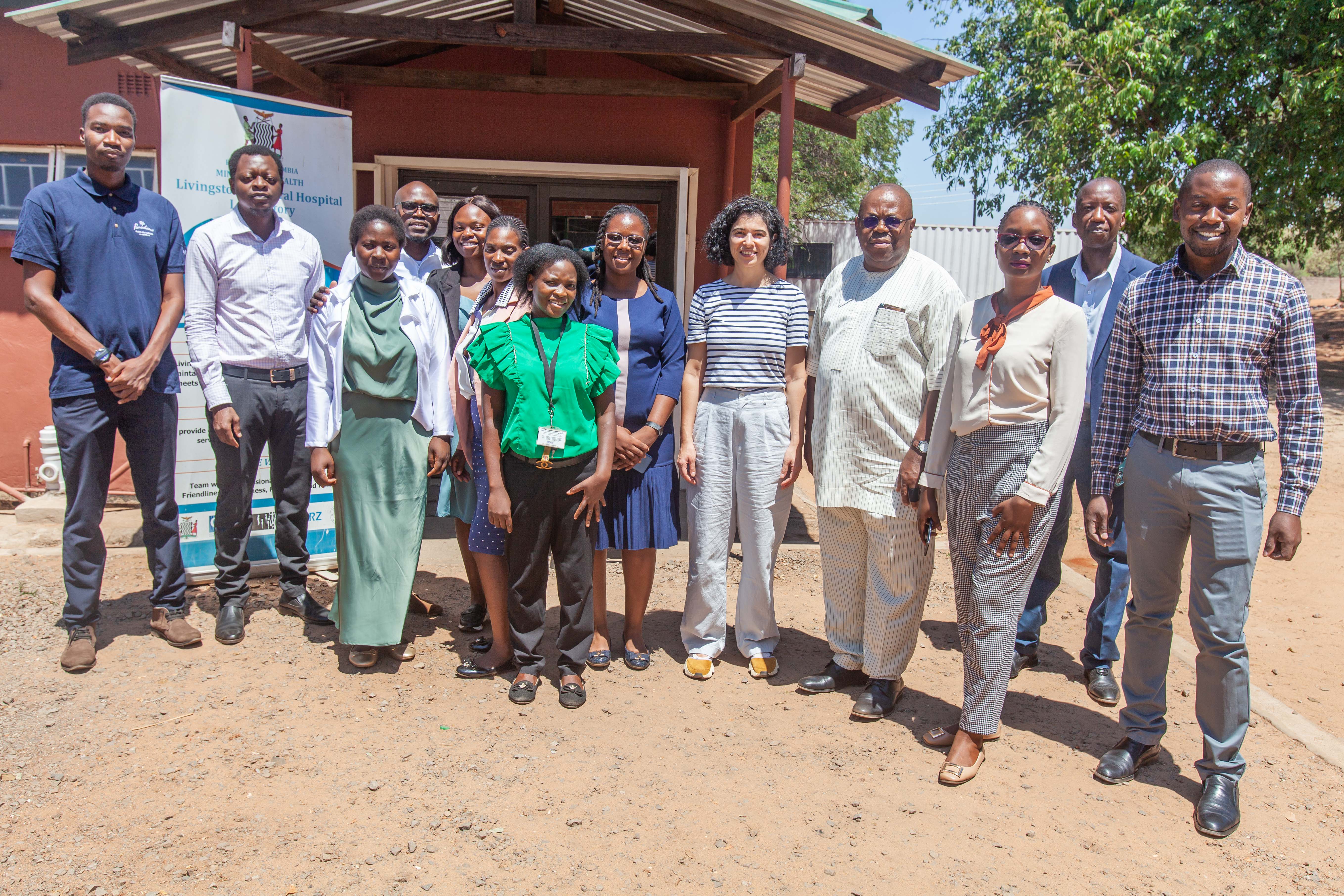
On the Association for Diagnostics & Laboratory Medicine’s (ADLM’s) second visit to Zambia for a joint workshop with the Biomedical Society of Zambia (BMSZ), Africa Working Group members Roa Harb, MD, and Anthony Okorodudu, PhD, met a quality manager at Livingstone University Teaching Hospital who had drawn on ideas from the first workshop to support a community of laboratorians and increase her capacity to reach an audience of her peers.
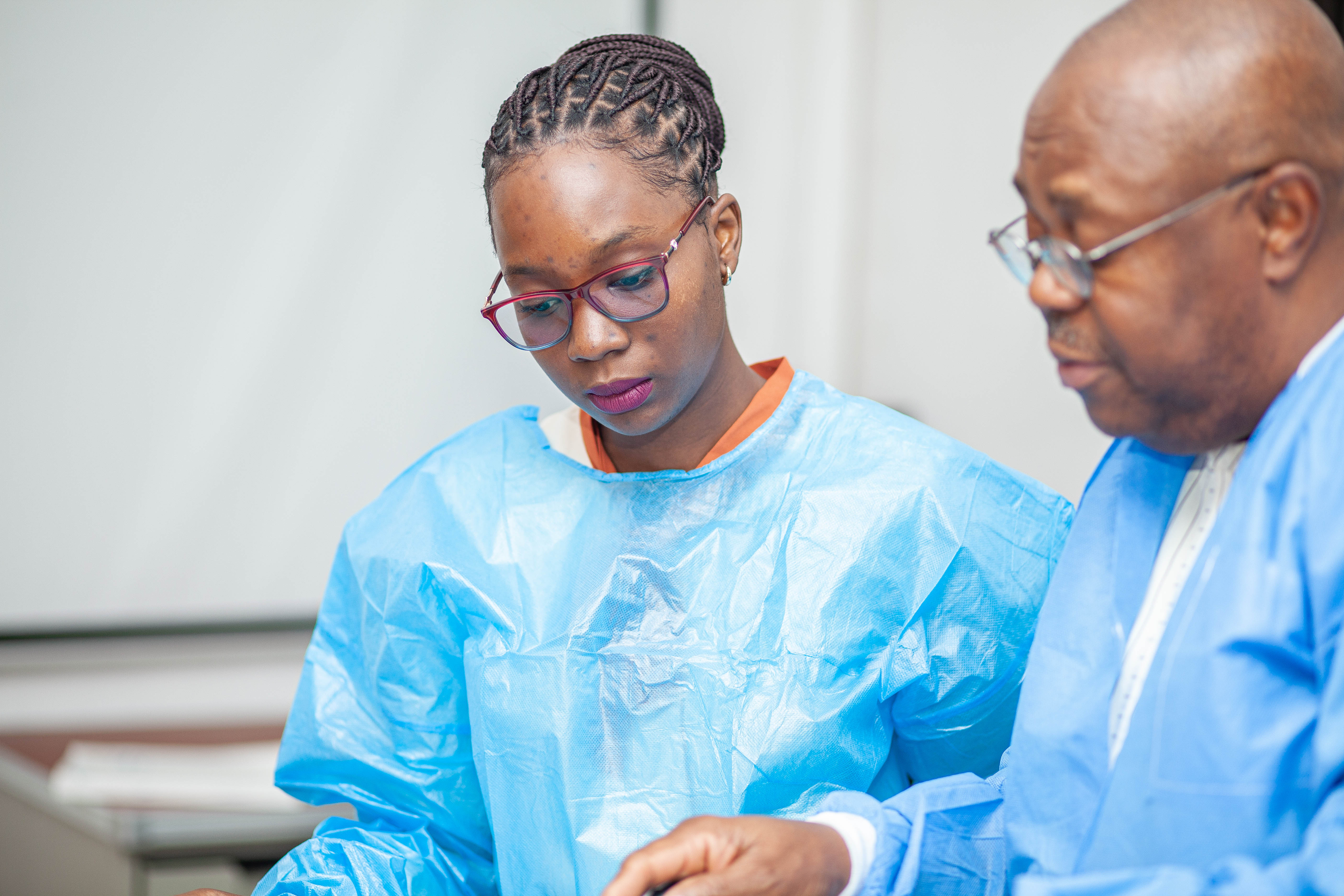
Mukoshya Kalunga, BSc, oversees her laboratory’s quality processes and is a mentor for quality management systems and hematology. She enjoys the fact that her position involves a variety of work, including learning new aspects of the accreditation process, implementing quality systems, and reviewing patient result reports.
But she faces her own challenges in the lab. The ADLM/BMSZ 2023 workshop on the risk-based approach to quality control and quality management for point-of-care-testing offered some solutions. The workshop, she said, “where Professor Olajumoke came, helped me understand areas where I was struggling.”
Building a community
The knowledge Kalunga gained from the workshop gave her a feeling of inspiration. And, the workshop gave her a new network of laboratorians. She reached out to other attendees and set up a WhatsApp group for them that started with 30 members. That number quickly grew to 80.
Each of the group’s members shared challenges and exchanged knowledge with peers across the country. But more than this, it gave them an easy way to stay engaged and informed.
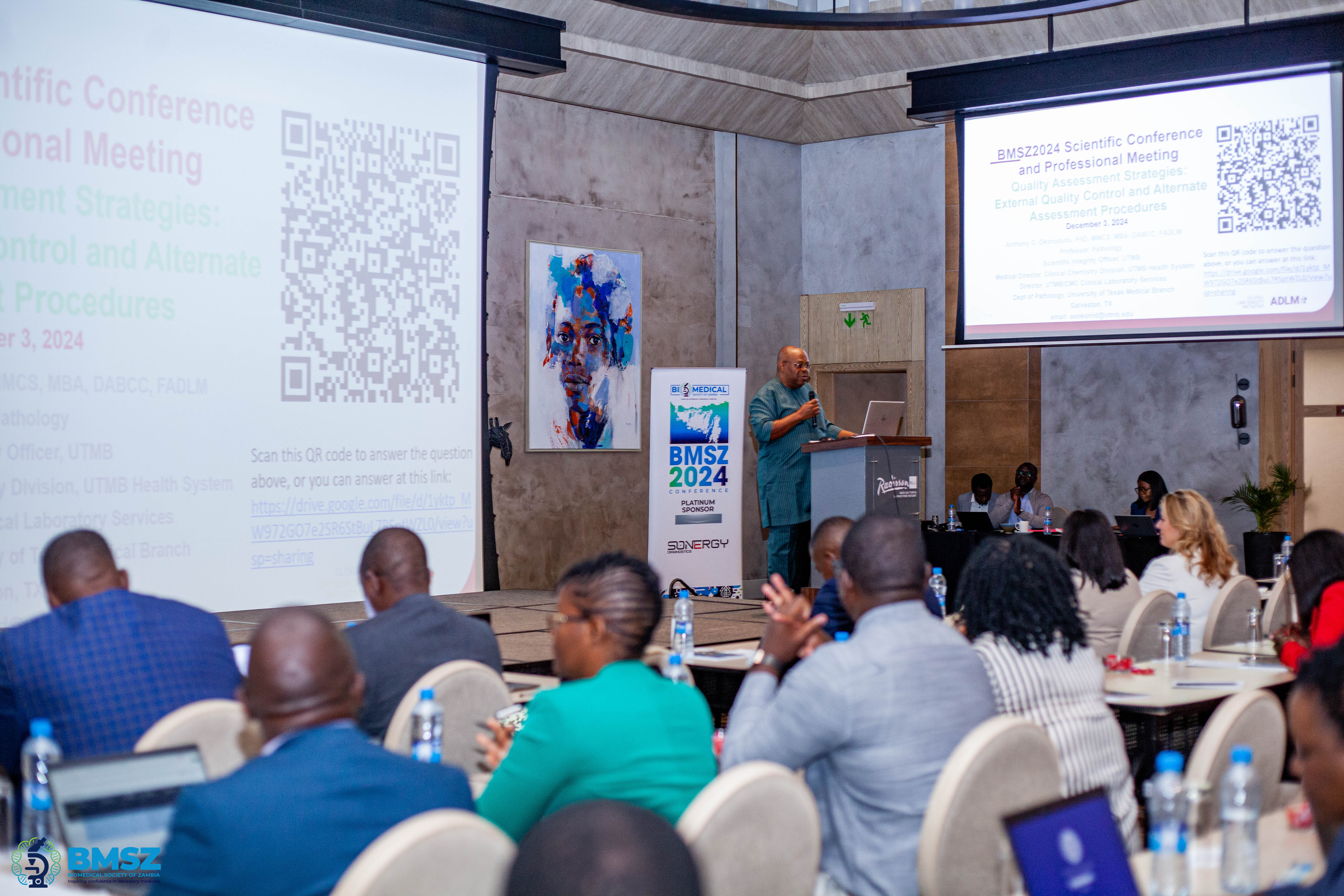
From community to education
Sharing in her WhatsApp group was not enough for Kalunga. She sought to offer knowledge more broadly and was set to give a workshop in 2024 at a reference laboratory, which, at the time, was setting up its quality management system.
The ADLM/BMSZ 2024 workshop “Best Practices in Laboratory Quality Improvement” came at the perfect time to help her prepare. It gave her a new perspective on quality management. “The field of science is dynamic,” she said. “How we were trained [in the workshop] on how to do our quality controls is different from what we had been taught. Not very different, but we were taught more, there was more knowledge that was given to us [by Dr. Harb and Dr. Okorodudu]."
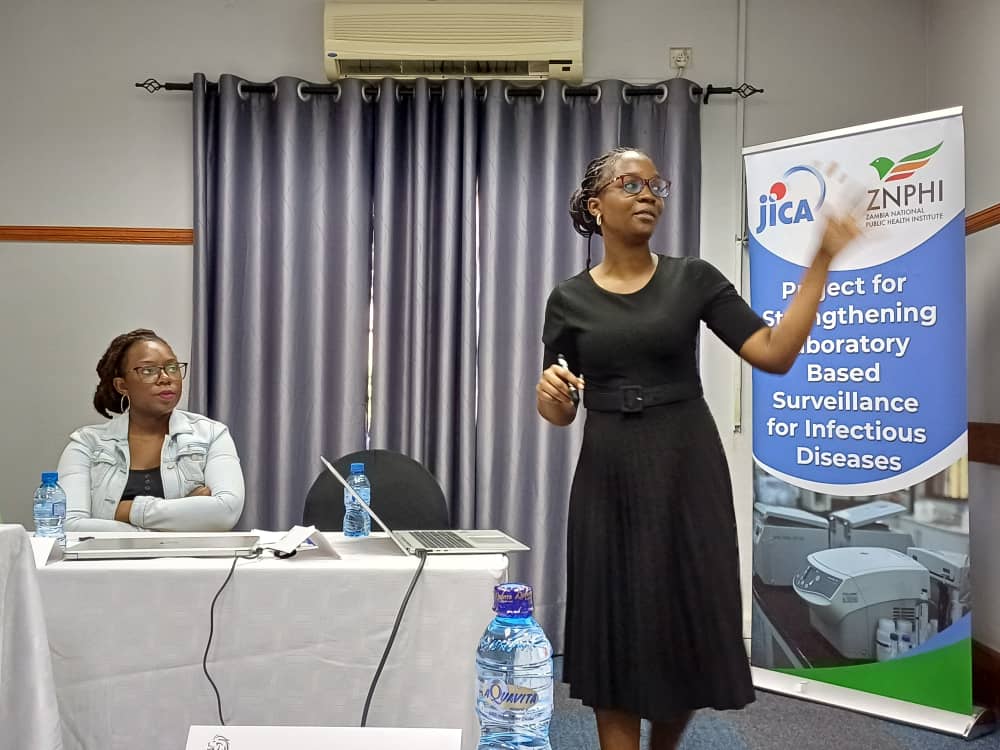
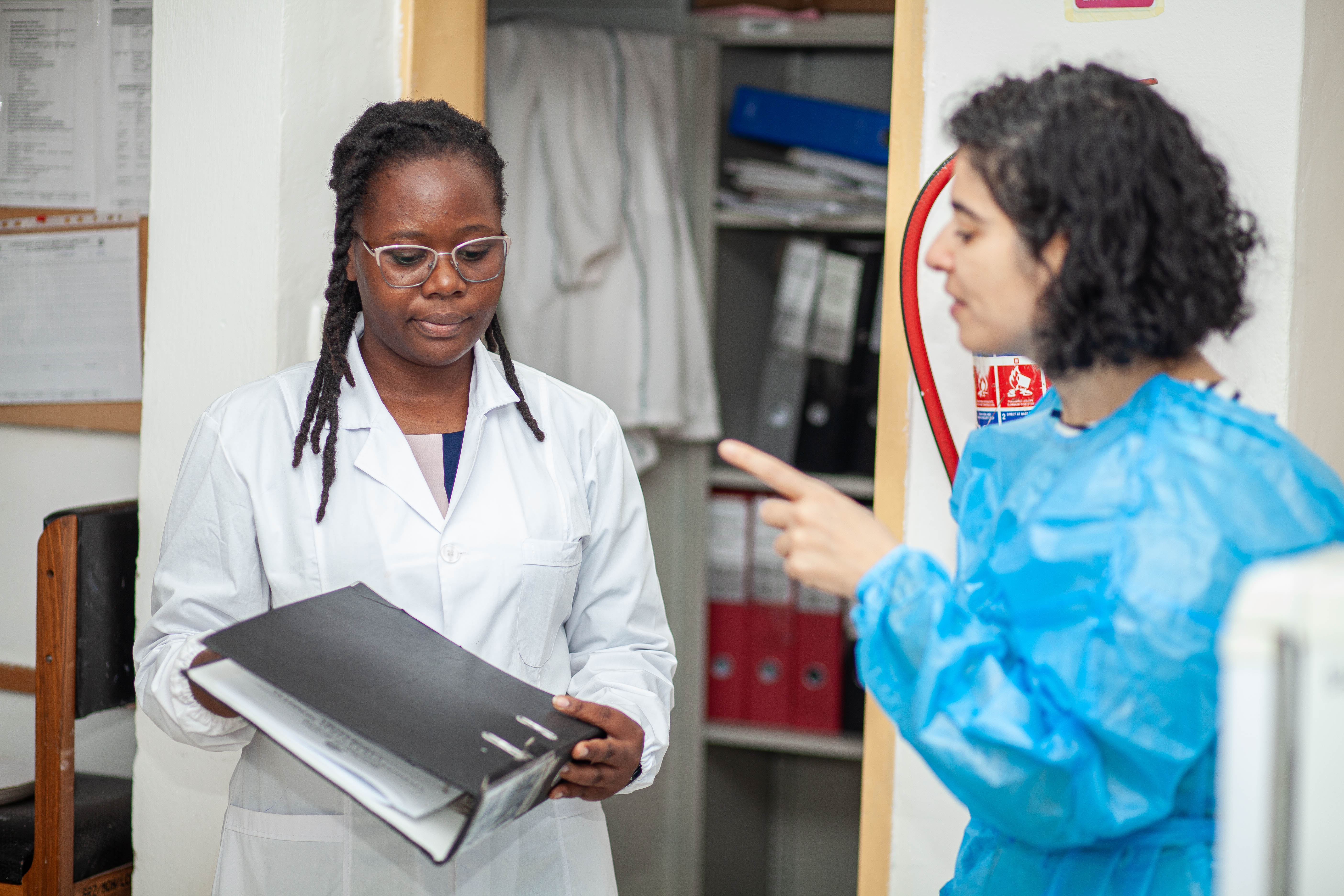
Looking forward
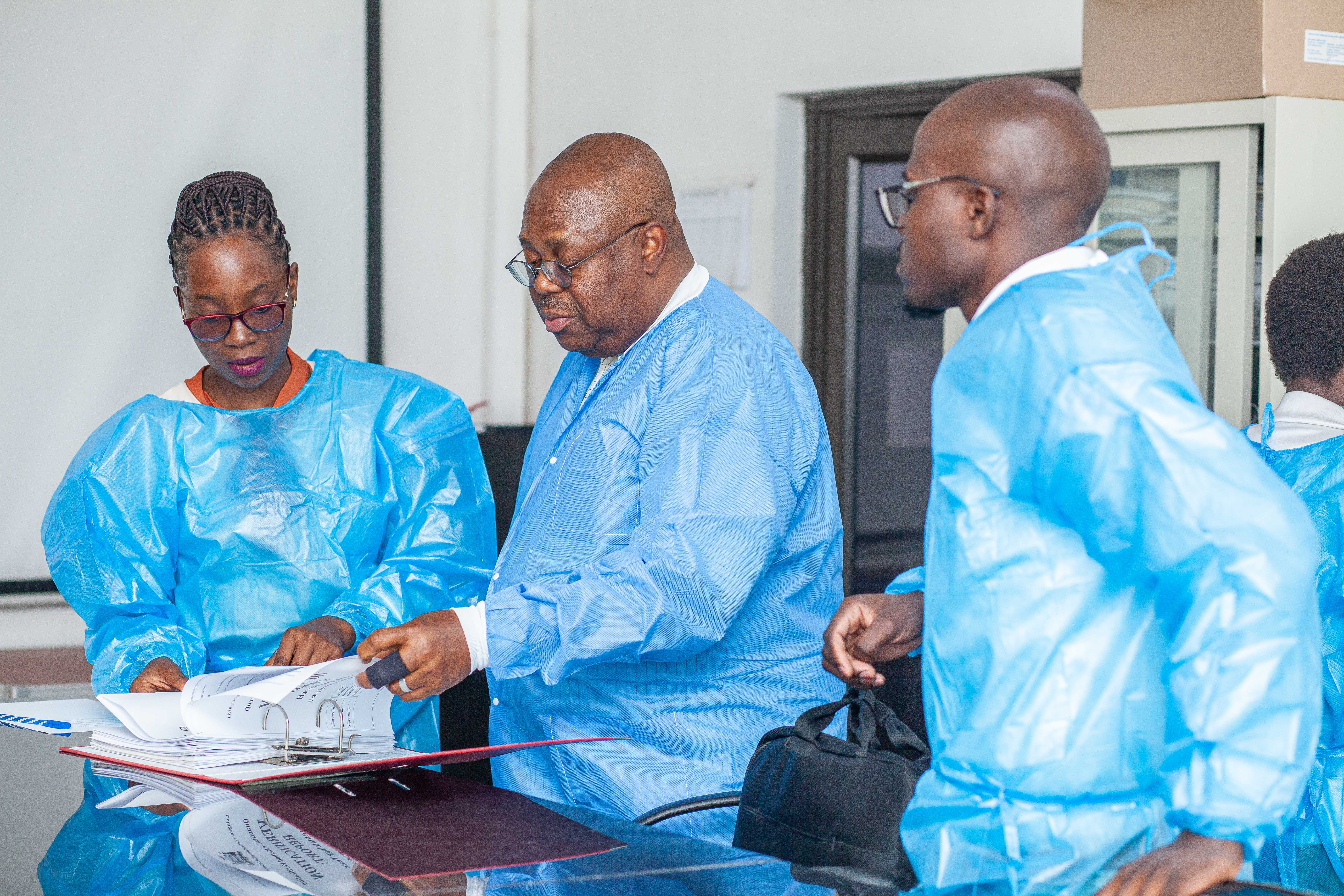
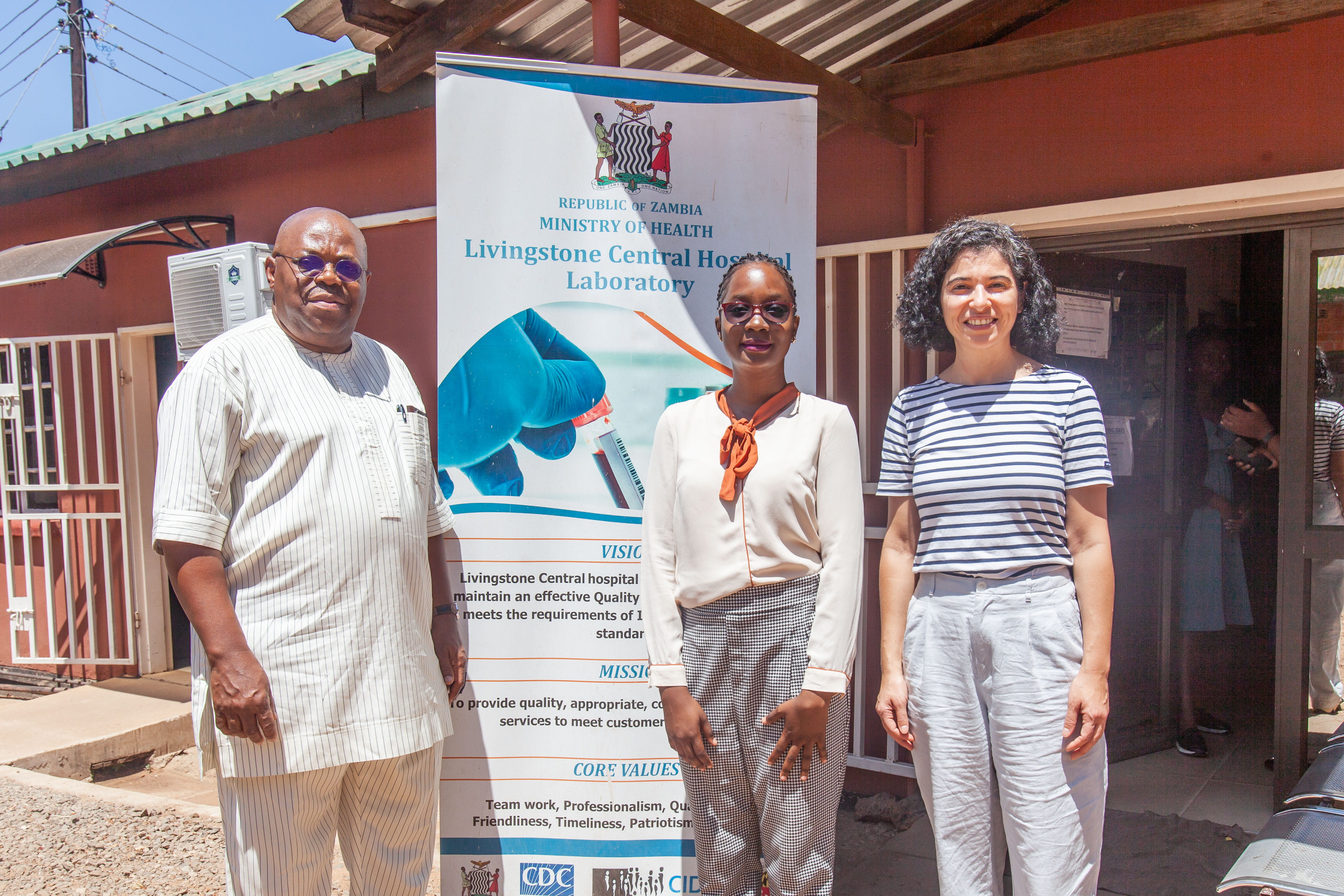
The ADLM/BMSZ workshops were conducted as a part of the Global Lab Quality Initiative funded by the Wallace H. Coulter Foundation. For any society interested in partnering on a similar workshop, please contact [email protected].
